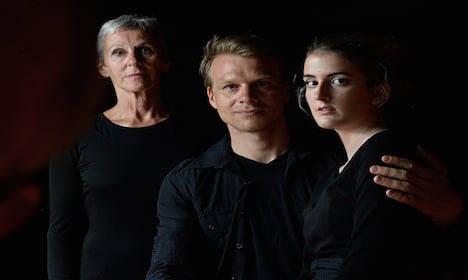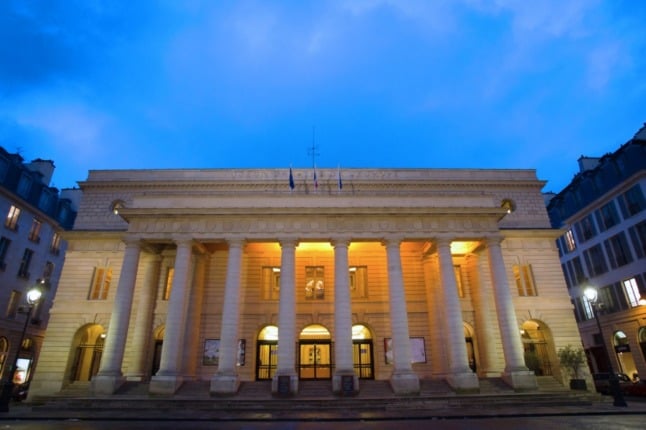Why Not Theatre Company, one of Denmark leading English-speaking groups, is readying a new production.
The play, Secrets, will premiere on September 11th, but organizers won't say where. The location of 'Secrets' is, appropriately enough, a secret.
The group said the performance will be “a musical and poetical journey” into what makes all of us keep certain things to ourselves.
“Why do we all have secrets? What is your boyfriend or girlfriend or your parents keeping from you? What is your biggest, deepest, most embarrassing or more grotesque secret?” the company wrote.
Why Not Theatre has been providing professional theatre in English since 2007 and has been awarded by CPH-Culture Best of 2014 for the play WIT, including ‘Best female lead of the year’ (Sue Hansen-Styles), ‘Best foreign play of the year’ and a nomination for ‘Best play of the year’.



 Please whitelist us to continue reading.
Please whitelist us to continue reading.
Member comments